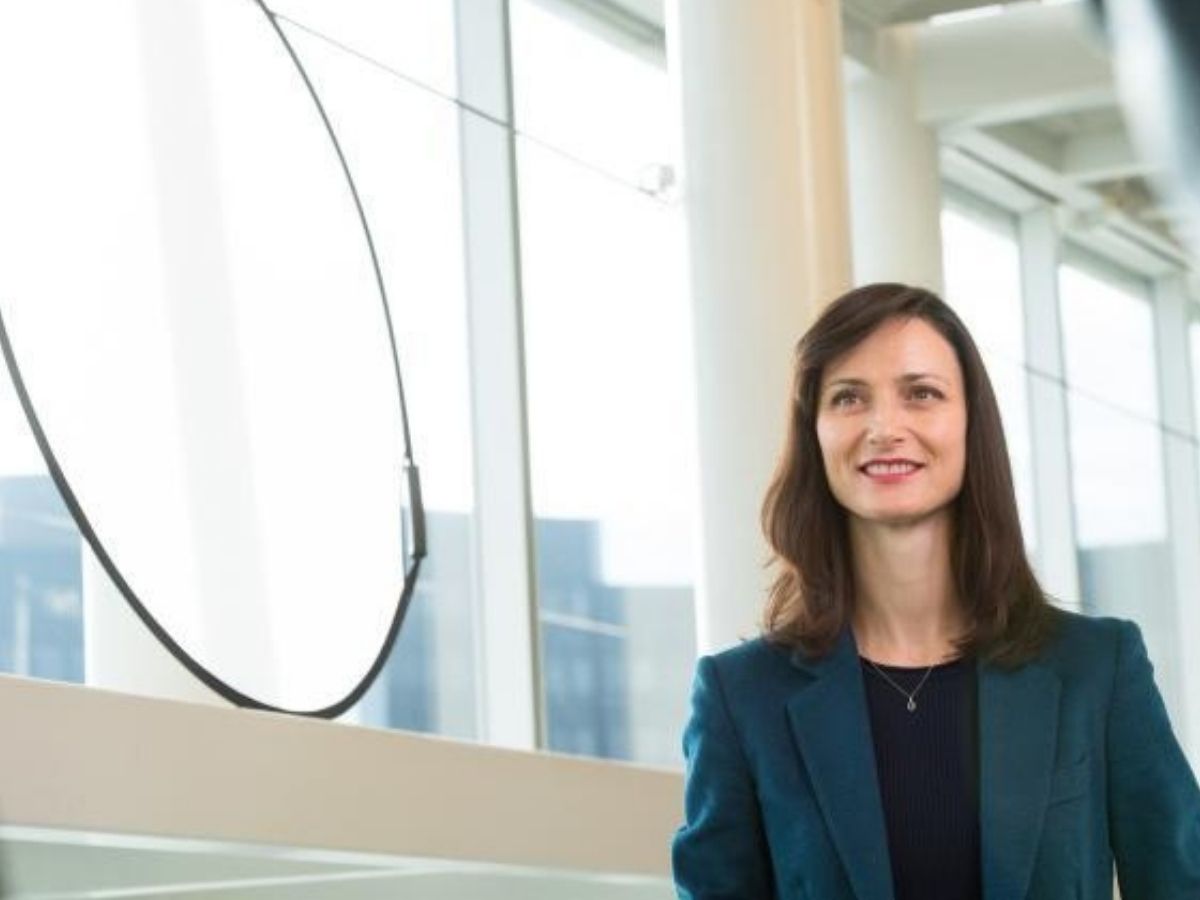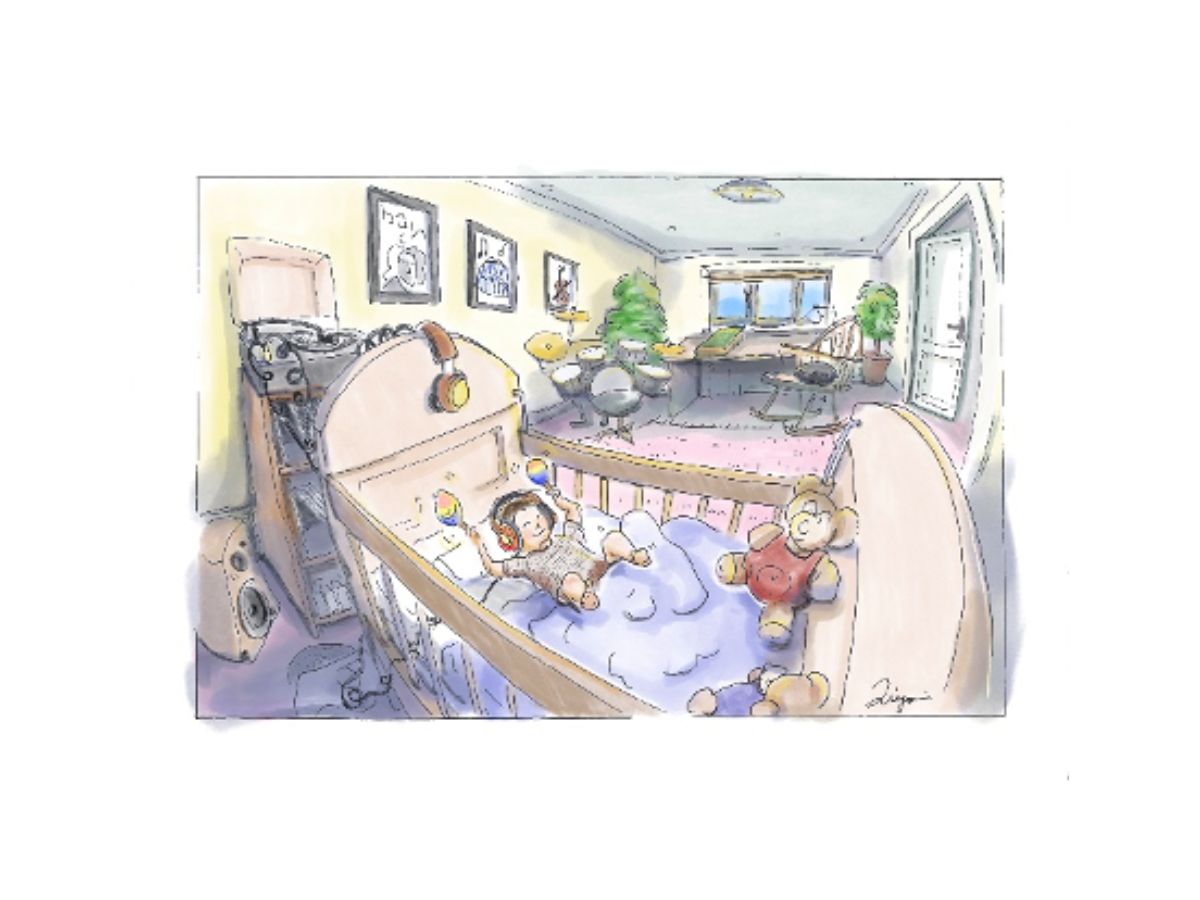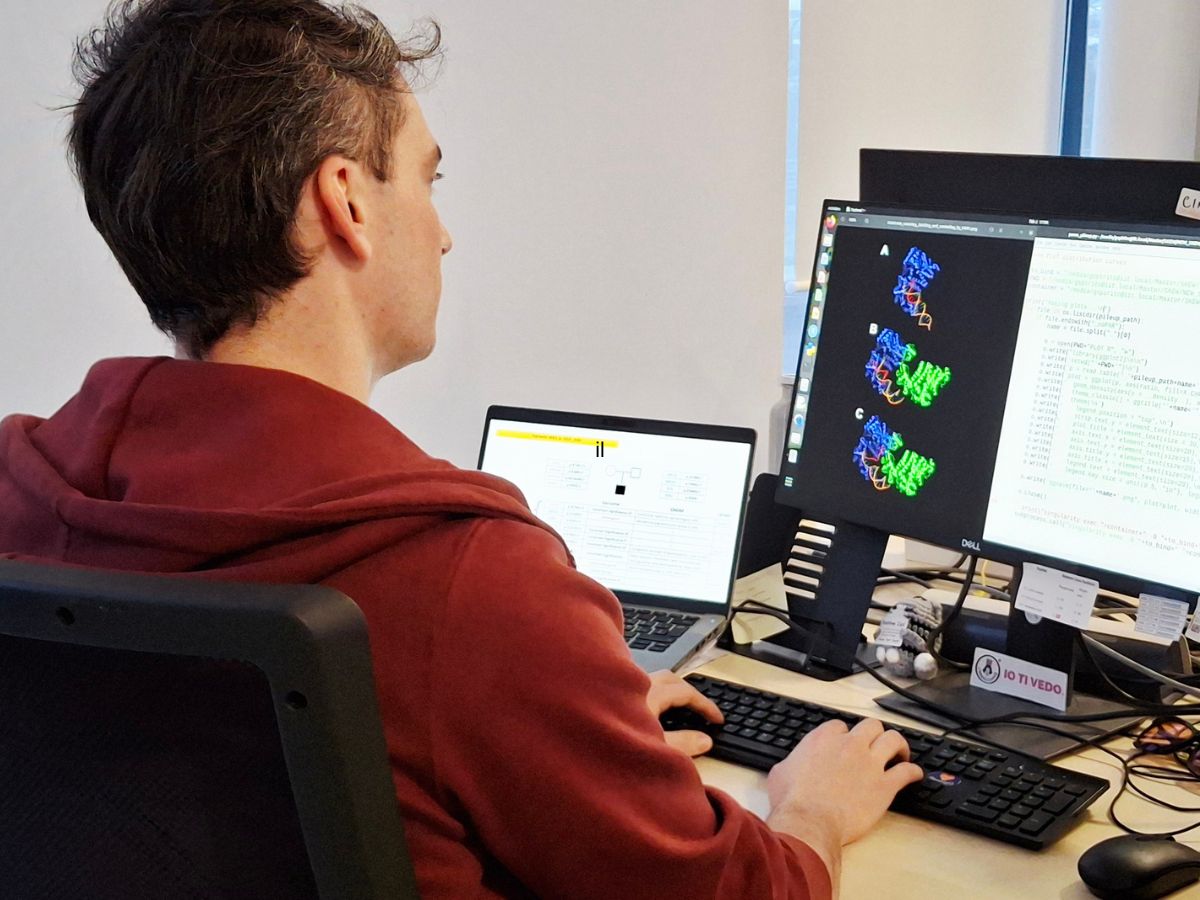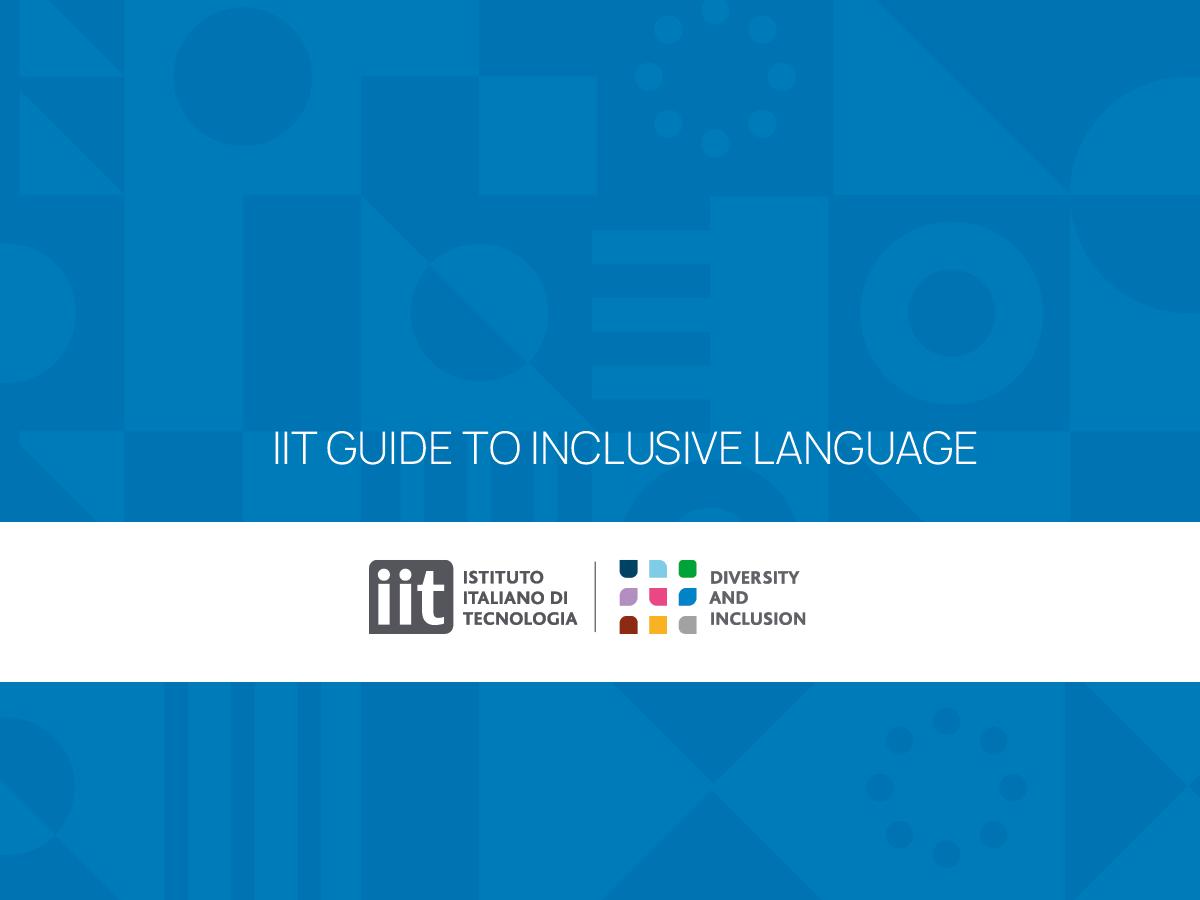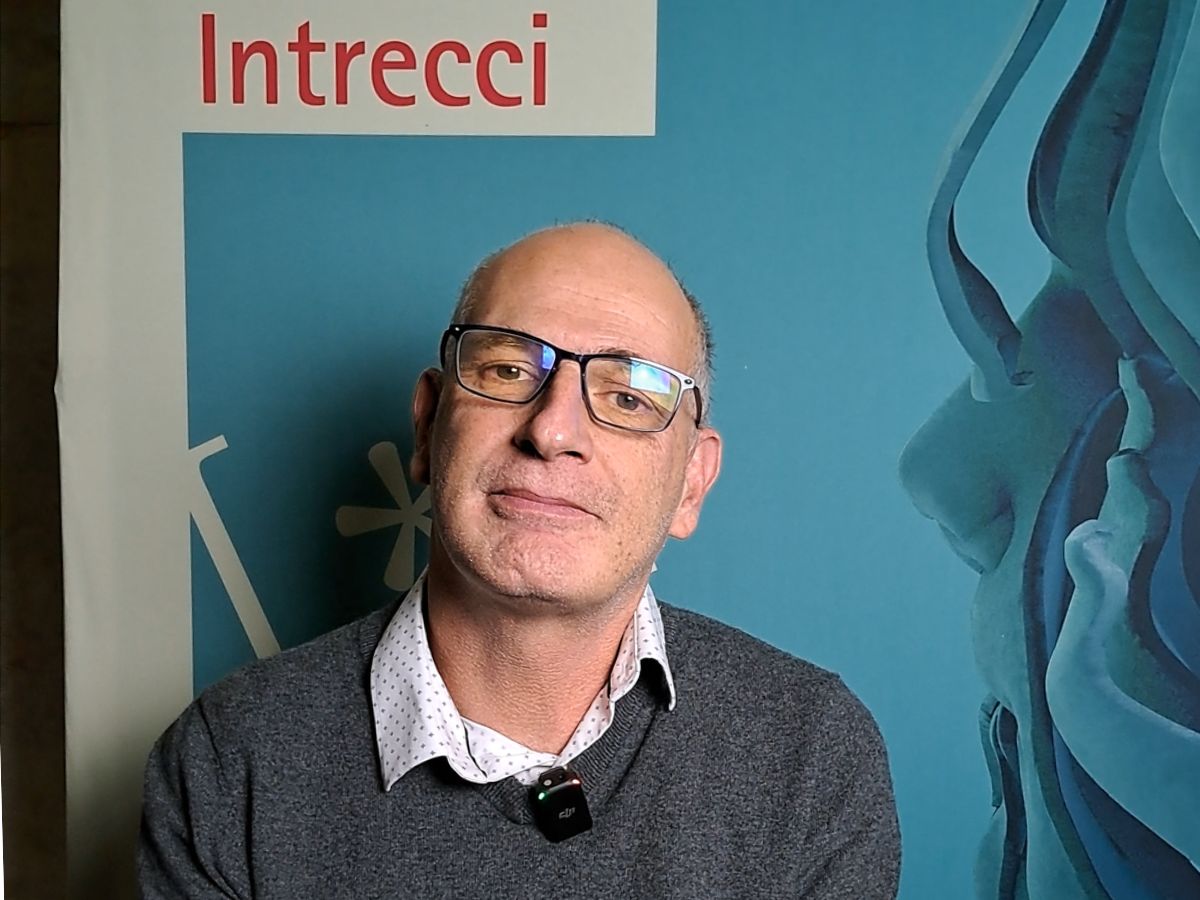Last appointment of the interview with EU Commissioner Mariya Gabriel*. It is an in-depth article that addresses the major issues of the European Commission towards research policy in the coming years
Besides all these challenges there is another one you are also particularly committed: the gender equality. Last year for the first time in the history a woman was elected as President of the European Commission, Ursula von der Leyen; another woman, Christine Lagarde, became the first woman to serve as European Central Bank President. We are often reading news about “first women” appointed in leadership positions, because it is an extraordinary event. In 2018 you promoted the campaign “No Women No panel” with a goal to raise awareness on having gender balance in panels and public events; previously you were coordinator of the Women’s Rights and Gender Equality Committee of the European Parliament. This means that we still have to fight for obtaining women equality in many different domains, from journalism to science, cinema, economy and politics. According to you what is the main reason and what a woman can do to deal with it?
Empowering women is one of my key priorities. My team and I are working actively to ensure that gender equality is properly reflected in all policy areas of my portfolio. But let us not forget that tackling gender stereotypes is also a shared responsibility for both women and men. Everyone can and should contribute. Europe cannot lose the potential of women!
The causes of gender inequalities, which still cover all spheres of society, have been documented by a large body of research. They are due to socio-cultural gender stereotypes and norms, imbalanced gendered power relations, and persisting systemic and organisational barriers to women’s careers, especially in fields where they have traditionally been under-represented, such as research and innovation, and in which their contributions still suffer from a lack of visibility and recognition. Overall, in 2019, the gender employment gap among women and men between 20-64 years old was 12%.
To combat gender stereotypes, we need greater awareness and stronger commitment of society as a whole. I see a crucial role for the media and advertising industry in combating stereotypical gender norms. This can be done, for example, by providing a platform for talented women professionals, promoting women role models and conveying non-subjective concepts.
To achieve results, we need also to start raising awareness at an early age. It is very important to challenge stereotypes, including those that constrain the choices of boys and girls for their field of study. For this reason, I want to bring science to schools. The “Researchers at Schools” initiative in the forthcoming European Education Area Communication will do this by allowing young researchers supported by the Marie Skłodowska-Curie Actions to engage with teachers and pupils on climate change, sustainable development, health and other issues covered under the European Green Deal.
We need a global, systemic approach to create sustainable cultural and institutional change towards better gender equality in the EU R&I system. Despite the continuous policy attention to gender equality in R&I, progress has been slow and remains insufficient. While equality has nearly been reached in PhD graduates, only 24% of top positions in the higher education sector are occupied by women. The number of women among patent holders, also remainsextremely low and only 1.79% of scientific publications of the EU integrate gender dimension.
This is a problem because the underrepresentation of women in research and innovation and the suboptimal integration of the gender dimension into R&I programmes have a negative impact on the excellence and societal relevance of European science.
This is why we are setting gender equality as a cross-cutting priority throughout Horizon Europe, by targeting gender balance in all Programme-related decision-making bodies and evaluation committees, and by requiring that public organisations, universities in particular, applying for funding have in place a gender equality plan.
Moreover, I initiated a specific action through the European Innovation Council (EIC) to address the under-representation of women in the innovation sector. This pilot measure aims to ensure that at least a quarter of companies invited to the final interviews are led by female CEOs.
Let me give an example. In May, the EIC has awarded €307 million to 64 game-changing start-ups and SMEs, contributing to the objectives of the Recovery Plan for Europe. I am very proud that over one third of the selected companies are led by female CEOs, which is a big increase – tripling – of the number, in comparison to previous EIC funding rounds. The support to women innovators, beyond the already very successful EU Prize for Women Innovators launched in 2011, will be further developed.
Moreover, together with the Member States, I will work on a new agenda for higher education transformation, which will promote gender balance in academic careers and study choice. Actions under the new agenda will pay special attention to women in decision-making positions at universities.
My initiative on strengthening the European Research Area, to be presented in late September, will further strengthen the focus on women’s participation in Science, Technology, Engineering and Mathematics (STEM) and foster entrepreneurship.
Women in the cultural and creative sectors also deserve special attention. The available data shows that female artists and cultural professionals across the EU have less access to creation and production resources. They are paid less than men and are underrepresented in leadership and other decision-making positions. It is important to acknowledge the problems and deal with the challenges.
As regards the audio-visual sector, I initiated monitoring gender balance in the Creative Europe MEDIA programme and launched the ‘Women on the Move’ initiative 2 years ago. Moreover, in the cultural strand of „Creative Europe“, for which I am responsible for presently, I will pay attention to the potential and key role of women in cultural and creative sector.
It is also very important to enhance the visibility of women. One very simple but very effective tool I have found to promote them as role models and give them the visibility they deserve is the No Women No Panel European campaign.
Finally, I would like to highlight the social media campaign #EUwomen4future, that I launched on International Women’s Day this year. It showcases women’s work and achievements in science, research, and innovation, but also in the fields of education and youth, as well as culture and sports. With these examples, I wish to pass on the message that gender equality is fundamental to a prosperous and fair society, and most importantly, to encourage women and girls across the EU to seek opportunities and fulfil their professional and personal aspirations.
Mariya Gabriel* is the European Commissioner for Innovation, Research, Culture, Education and Youth

